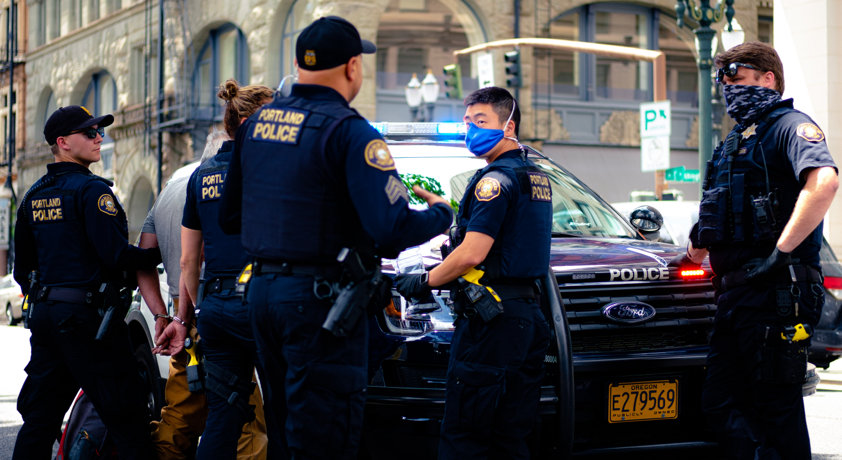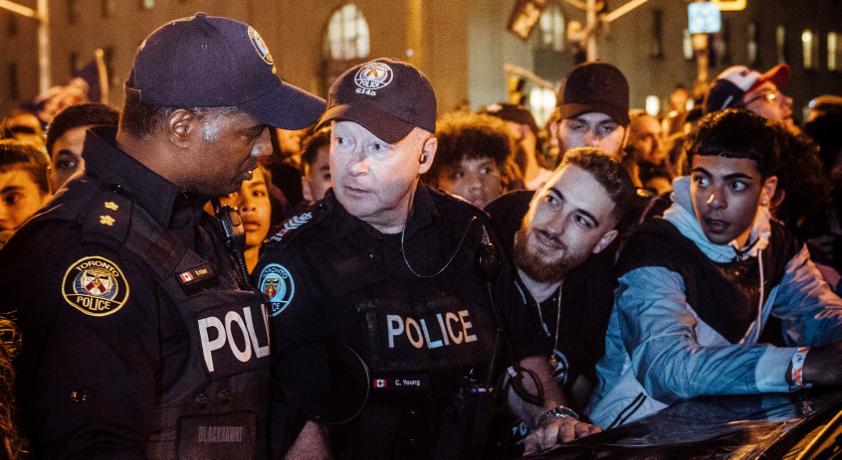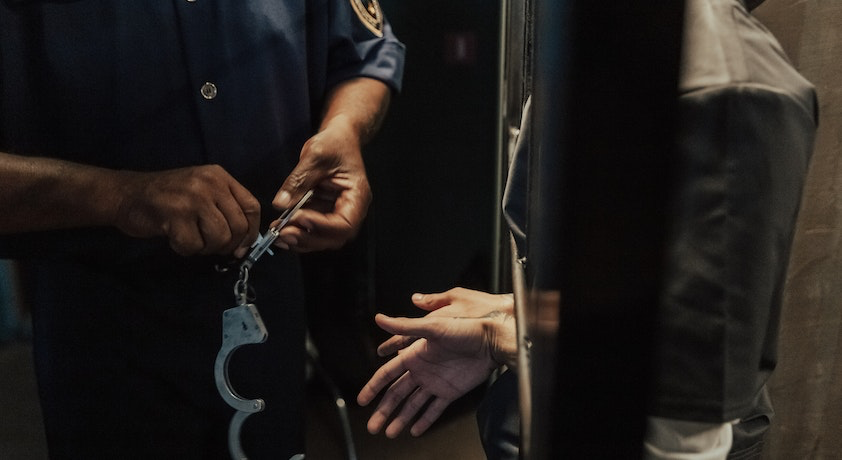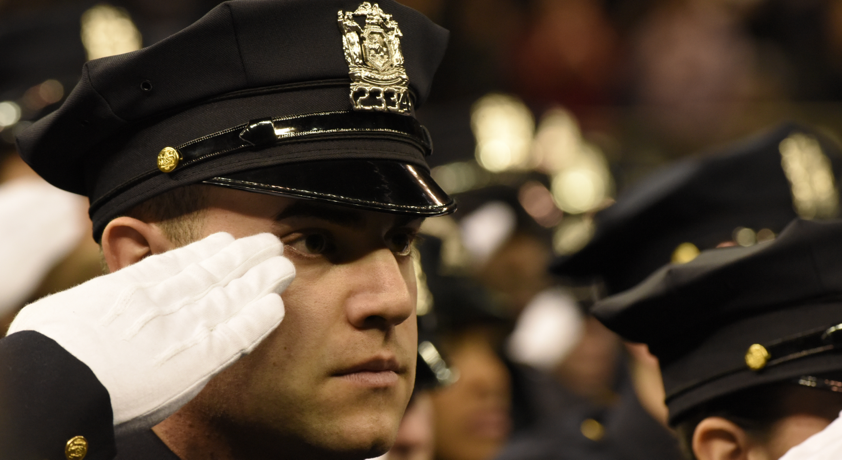Skills and Competencies for Success in a Criminal Justice Career

A career in criminal justice can be highly rewarding, but it also requires a specific set of skills and competencies to be successful. From understanding the criminal justice system to possessing technical competencies, criminal justice professionals need to have diverse skill sets to thrive in their roles. In this article, we will explore the essential skills and competencies needed to succeed in a criminal justice career.
Understanding the Criminal Justice System
The criminal justice system is a complex network of organizations and institutions that work together to prevent and respond to crime. Its main goal is to ensure public safety and uphold the law. Criminal justice professionals play a crucial role in this system, and to succeed in this career, they must have a thorough understanding of its key components.
Crime is a pervasive problem in society, and it can take many forms, from minor offenses such as traffic violations to serious crimes such as murder. The criminal justice system is designed to prevent and respond to all types of crime, and its success depends on the collaboration and coordination of its various components.
Key Components of the Criminal Justice System
The criminal justice system is made up of three main components – law enforcement, courts, and corrections. Each component plays a vital role in the administration of justice and ensuring public safety.
Law Enforcement
Law enforcement officers are the first responders to crime. They are responsible for investigating crimes, arresting suspects, and gathering evidence. They work in a variety of settings, including local police departments, state agencies, and federal law enforcement agencies.
Police officers are often the first point of contact between the criminal justice system and the public. They respond to emergency calls, conduct traffic stops, and investigate crimes. They must be able to communicate effectively with people from all walks of life and be able to handle high-pressure situations with professionalism and calmness.
Courts
The courts are responsible for determining guilt or innocence and imposing sentences. They are the forum in which disputes are resolved, and justice is administered. The court system is divided into two main categories – criminal and civil.
In criminal cases, the prosecutor represents the state and presents evidence against the defendant. The defendant has the right to an attorney and a fair trial. If the defendant is found guilty, the judge will impose a sentence.
In civil cases, the parties involved are typically seeking compensation for damages or other legal remedies. The burden of proof is lower in civil cases than in criminal cases, and the judge or jury must find the evidence more likely to be true than not true.
Corrections
Corrections professionals are responsible for the supervision, care, and rehabilitation of inmates and those under community supervision. The goal of corrections is to prevent recidivism and ensure public safety.
Correctional officers work in prisons and jails and are responsible for maintaining order and safety within the facility. They must be able to handle difficult and sometimes dangerous situations with skill and professionalism.
Probation and parole officers work with individuals who have been released from prison or who are serving their sentences in the community. They monitor their behavior and ensure that they are complying with the terms of their release.
The Role of Law Enforcement, Courts, and Corrections
Each component of the criminal justice system has a unique set of responsibilities, but they all work together to ensure public safety and uphold the law.
Law enforcement officers investigate crimes and apprehend suspects, which is the first step in the criminal justice process. The courts determine guilt or innocence and impose sentences, which is the second step. Corrections professionals oversee individuals who have been found guilty and sentenced to incarceration or community supervision, which is the final step.
Without the collaboration and coordination of these three components, the criminal justice system would not be able to function effectively. It is a complex system that requires skilled and dedicated professionals to ensure that justice is served and public safety is maintained.
Essential Skills for Criminal Justice Professionals
In addition to understanding the criminal justice system, professionals in this field must possess a range of skills to be effective in their roles. These skills include communication, critical thinking, ethical decision-making, leadership, teamwork, and cultural competency.
Being a criminal justice professional is a demanding job that requires a unique set of skills. Whether you are working as a police officer, a lawyer, a judge, or a probation officer, you need to have a combination of technical and soft skills to do your job well. Here are some additional details about the essential skills required for criminal justice professionals:
Communication Skills
Effective communication is vital for criminal justice professionals. They need to be able to communicate effectively with colleagues, suspects, victims, witnesses, and the general public. Strong communication skills include active listening, clear speaking, and writing skills. Criminal justice professionals must also be able to communicate complex legal concepts in a way that is easy for others to understand.
Good communication skills are essential for building trust and rapport with people from different backgrounds. In situations where emotions are running high, criminal justice professionals must be able to remain calm and communicate effectively to de-escalate the situation.
Critical Thinking and Problem-Solving
Critical thinking and problem-solving skills are essential for criminal justice professionals. They must be able to analyze complex situations quickly and make informed decisions. Critical thinking also involves being able to identify and evaluate evidence and assess its relevance to a case.
Criminal justice professionals must be able to think on their feet and adapt to changing situations. They need to be able to identify potential risks and take action to mitigate them. They must also be able to anticipate problems and develop strategies to prevent them from occurring.
Ethical Decision-Making
Criminal justice professionals are regularly faced with ethical dilemmas and must make decisions that are fair, just, and lawful. They must uphold ethical standards and adhere to the law while ensuring that they treat everyone with dignity and respect.
Being ethical is not always easy, and criminal justice professionals must be able to navigate complex situations where there may be competing interests. They must be able to weigh the pros and cons of different options and make decisions that are in the best interests of justice.
Leadership and Teamwork
Leadership and teamwork skills are critical for criminal justice professionals who often work in high-stress environments and must collaborate with others to achieve shared goals. Organizational, planning, and decision-making skills are also important as leaders in this field often have to supervise and manage teams.
Effective leaders in criminal justice must be able to inspire and motivate their teams to do their best work. They must be able to delegate tasks and responsibilities effectively and provide constructive feedback to help team members grow and develop.
Cultural Competency and Sensitivity
Criminal justice professionals work with people from diverse backgrounds and must be able to understand, respect, and serve them. To be effective in this role, it’s essential to have cultural competency and sensitivity. This includes possessing knowledge of different cultures, languages, religions, and customs.
Criminal justice professionals must be able to interact with people from different backgrounds in a way that is respectful and non-judgmental. They must be able to recognize and address biases and stereotypes that may impact their work. Cultural competency is essential for building trust and rapport with people from diverse backgrounds and ensuring that justice is served fairly.
Technical Competencies in Criminal Justice
In addition to the essential soft skills, criminal justice professionals require technical competencies to perform their jobs effectively. These competencies include knowledge of laws and regulations, investigative techniques, evidence collection and preservation, interviewing, interrogation skills, and report writing and documentation.
Knowledge of Laws and Regulations
Criminal justice professionals must adhere to laws and regulations while conducting investigations and performing their duties. They need an in-depth understanding of criminal laws and the criminal justice process, as well as legal procedures for collecting and presenting evidence in court.
Investigative Techniques
Criminal Investigators must be skilled in techniques like crime scene investigation and forensic analysis to bring perpetrators to justice. They must have an understanding of the latest forensic technology and techniques, as well as knowledge of procedures to follow when gathering, processing, and analyzing evidence.
Evidence Collection and Preservation
Collecting and preserving evidence is crucial in criminal investigations. The evidence collected must not only be accurate but admissible in a court of law. Proper handling of collected evidence is vital, and criminal justice professionals must know the appropriate procedures for the collection, handling, and storage of evidence collected at a crime scene.
Interviewing and Interrogation Skills
Criminal justice professionals must be skilled in interviewing and interrogation techniques to obtain information and evidence that can be used in court. They need to know how to communicate with individuals effectively and conduct interviews and interrogations in a manner that is ethical and complies with the law.
Report Writing and Documentation
Reporting and documentation skills are essential for criminal justice professionals. They must know how to write clear and concise reports to summarize investigations and submit them as evidence in court. They must also know how to document and report incidents, arrests, and court appearances throughout cases.
Conclusion
To be successful in a criminal justice career, professionals need a diverse set of skills and competencies. These include soft skills like communication, critical thinking, and ethical decision-making, as well as technical competencies like investigative techniques and evidence collection. Possessing these skills will not only lead to a successful career but will also help improve the effectiveness of the criminal justice system as a whole.




